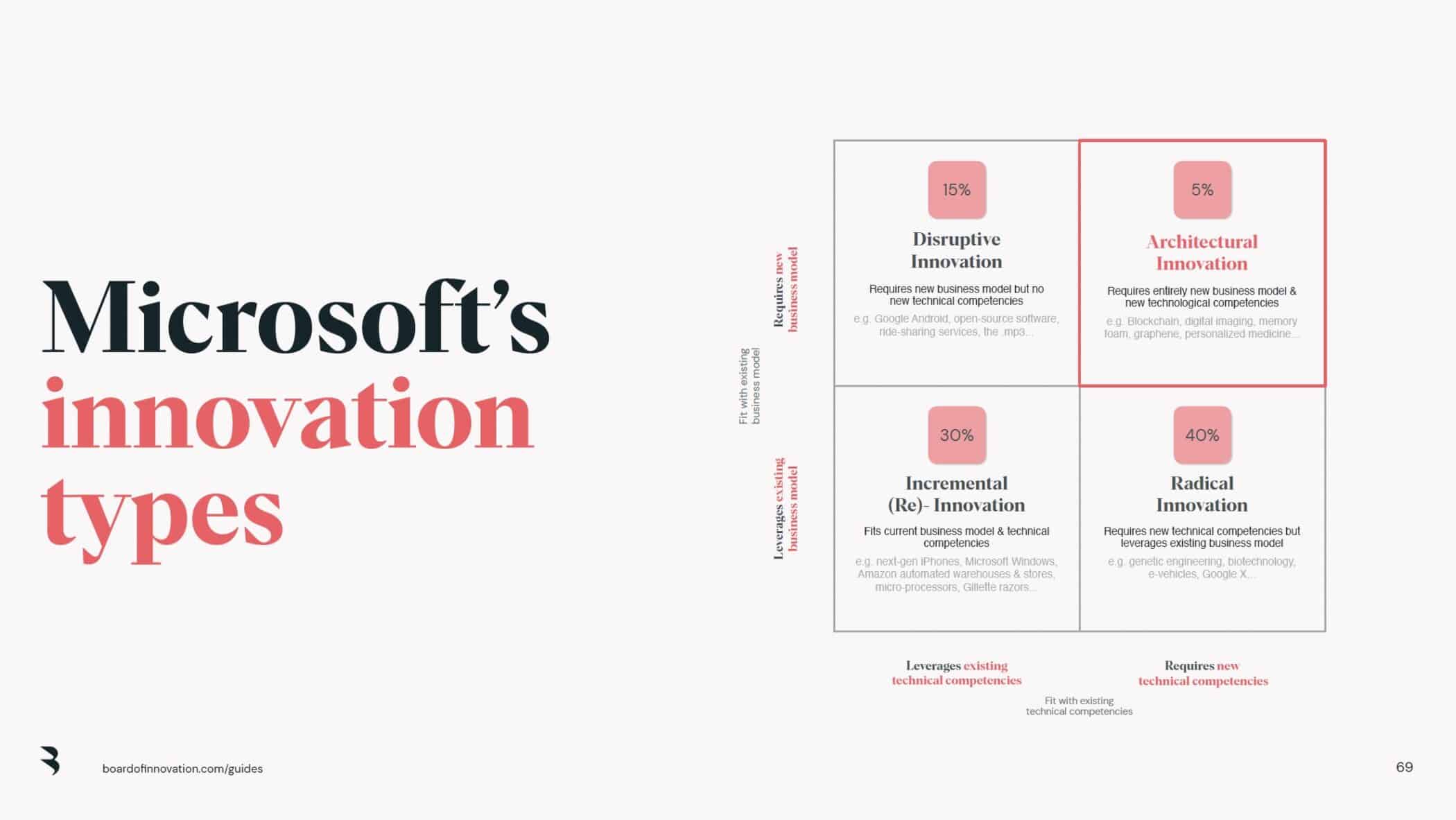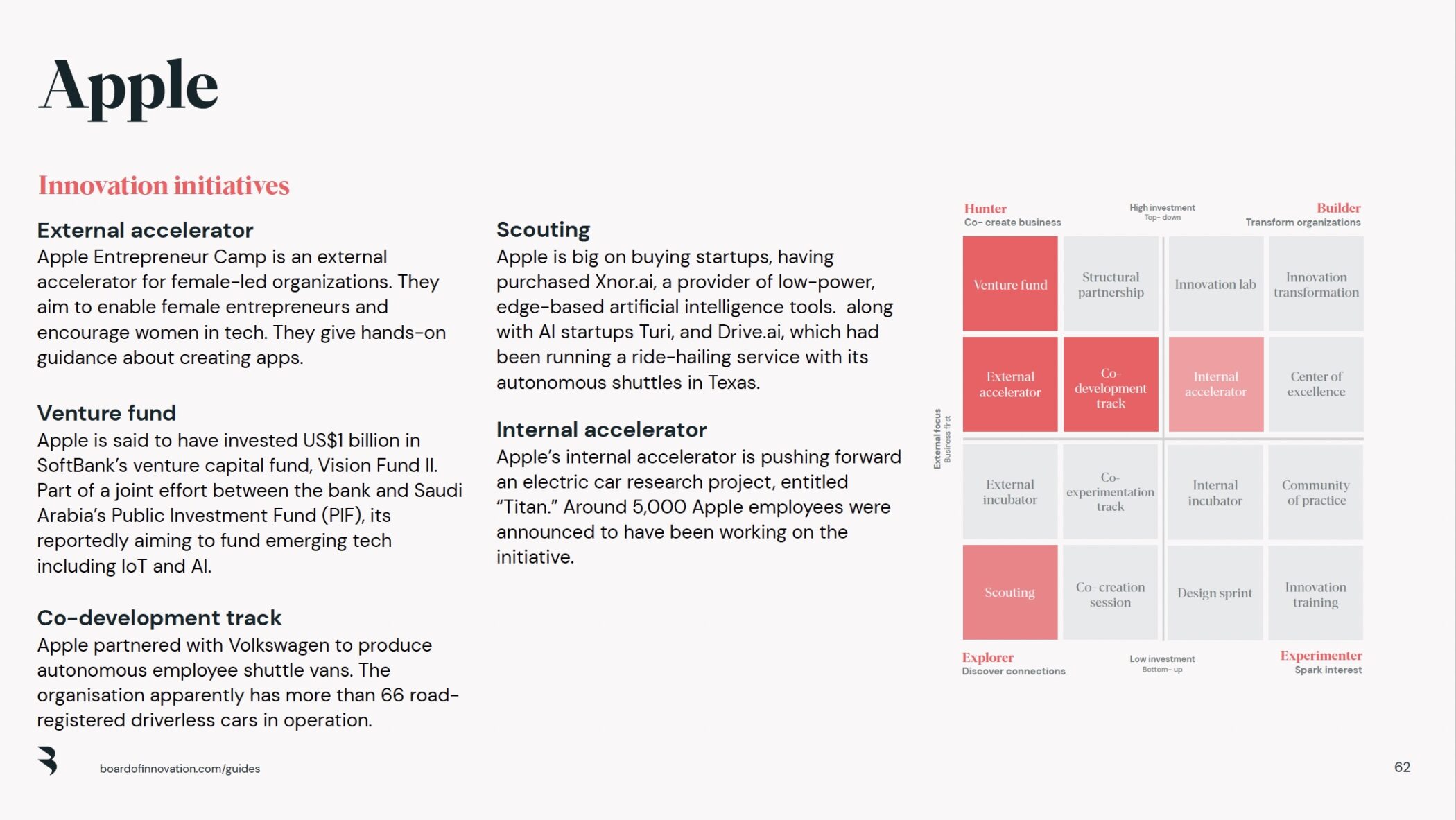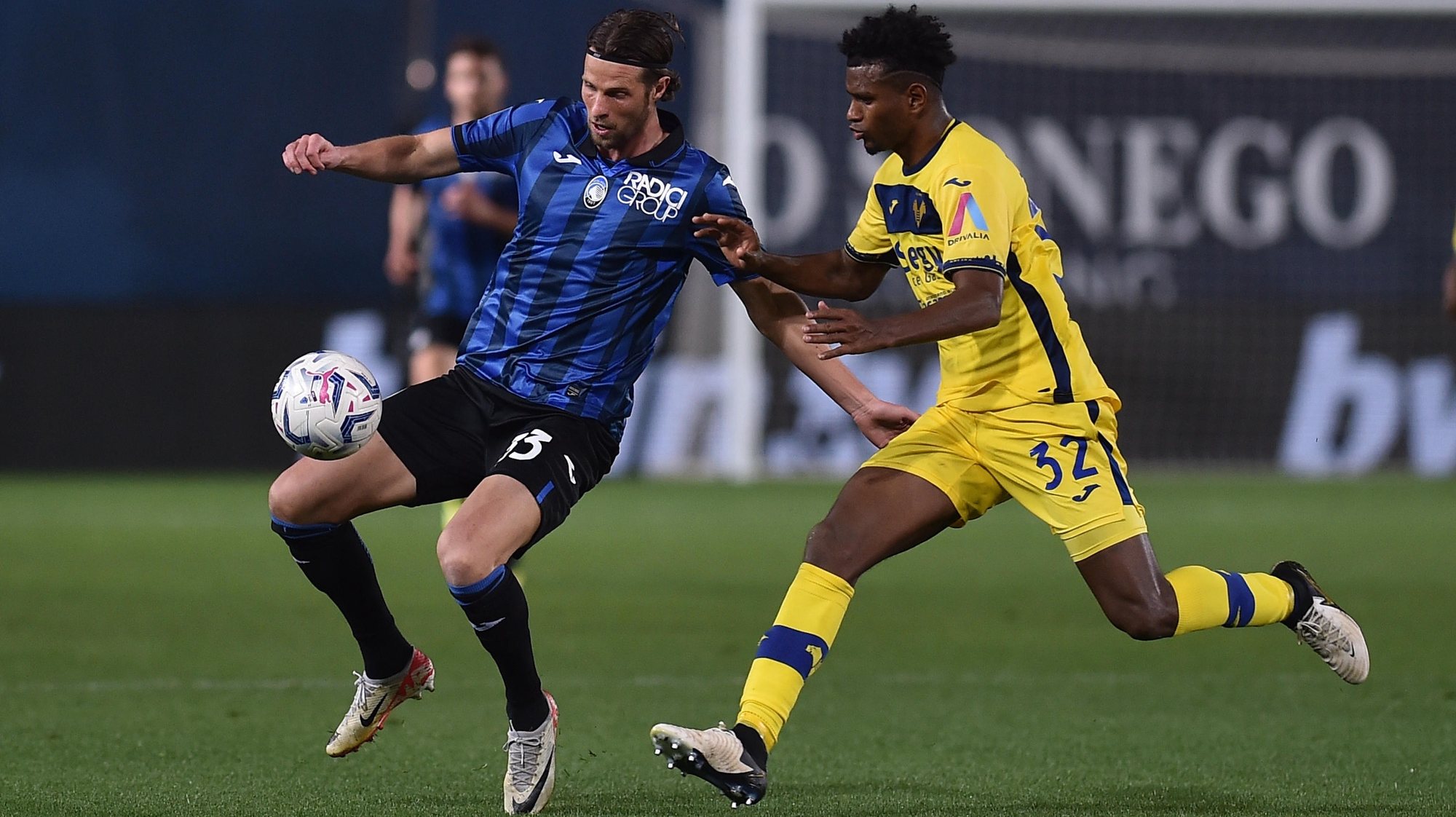The Playbook Whisperer: Dissecting the Innovative Strategies of Rich Rodriguez delves into the multifaceted career of the renowned college football coach. This exploration examines his unique offensive and defensive philosophies, player development methods, and remarkable adaptability throughout his tenure at various universities. From the evolution of the spread offense to his innovative recruiting strategies, the analysis reveals the key elements that shaped his coaching legacy and significantly impacted the game.
We will dissect Rodriguez’s core coaching beliefs, comparing his approach to that of other prominent figures in college football. The analysis will include a detailed look at his offensive schemes, specifically the spread offense, and how he tailored his strategies to different opponents and game situations. Furthermore, the piece will explore his player recruitment and development processes, highlighting his success in identifying and nurturing talent.
Rich Rodriguez’s Coaching Philosophy
Rich Rodriguez’s coaching career is characterized by an innovative offensive approach and a relentless focus on player development. His philosophy centers on a fast-paced, spread offense designed to exploit mismatches and wear down defenses. This approach, coupled with a strong emphasis on recruiting and player-specific training, has shaped his success across various collegiate programs.
Core Coaching Beliefs and Player Development
Rodriguez believes in fostering a culture of accountability and high expectations. He emphasizes film study, precise execution, and a deep understanding of the offensive and defensive schemes. This translates to player development through rigorous drills, individualized coaching, and constant feedback. His coaching style pushes players to their limits, leading to significant improvements in their skills and understanding of the game.
The impact is visible in the consistent success of players under his tutelage, many of whom have gone on to successful NFL careers or coaching positions.
Offensive and Defensive Strategies
Rodriguez’s offensive strategy is built around the spread offense, maximizing space and utilizing quick passes to exploit defensive vulnerabilities. His defenses are typically designed to be aggressive and disruptive, aiming to create turnovers and limit big plays. The key principles are tempo, precision, and adaptability. His schemes are constantly evolving to counter emerging trends and exploit opponent weaknesses. This adaptability is a hallmark of his coaching style.
Comparison with Other Coaches
Compared to coaches like Nick Saban (known for his disciplined and detail-oriented approach) or Urban Meyer (renowned for his offensive prowess and recruiting acumen), Rodriguez’s style is arguably more reliant on tempo and exploiting mismatches. While Saban focuses on physical dominance and detailed game planning, and Meyer emphasizes a high-powered, yet controlled offense, Rodriguez’s system prioritizes a relentless pace and quick decision-making on the field.
This difference reflects distinct coaching philosophies and approaches to game management.
Coaching Tenure Comparison
| University | Years | Wins | Losses | Notable Achievements |
|---|---|---|---|---|
| West Virginia | 2001-2007 | 60 | 26 | Four bowl game appearances, including a Fiesta Bowl victory in 2006 |
| Michigan | 2008-2010 | 15 | 22 | None |
| Arizona | 2012-2017 | 43 | 33 | Three bowl game appearances, Pac-12 South Division title in 2014 |
| LSU (OC) | 2022-Present | N/A | N/A | N/A |
The Spread Offense Under Rodriguez
Rich Rodriguez’s implementation of the spread offense has significantly impacted college football. His innovations and adaptations have made it a dominant offensive strategy at various levels.
Evolution and Innovations
Rodriguez didn’t invent the spread offense, but he significantly refined and popularized it. He incorporated elements of the run-and-shoot offense, emphasizing quick passes and maximizing space on the field. His innovations include incorporating more tempo, using multiple formations to create mismatches, and designing plays to exploit specific defensive weaknesses. He consistently adapted his approach based on the talent of his players and the strengths and weaknesses of opposing defenses.
Play Designs and Formations

Rodriguez’s offensive system is characterized by its diverse play designs and formations. He utilizes a variety of formations, including empty backfields, trips formations, and spread formations with multiple receivers. The play designs often involve quick passes, screens, and designed runs to keep the defense off balance. The emphasis is always on creating space and exploiting mismatches.
Successful Play Examples
- The “Bubble Screen”: A quick screen pass to a receiver near the line of scrimmage, often used to exploit defensive over-pursuit. Its effectiveness relies on quick release and precise blocking.
- The “Read Option”: A play where the quarterback reads the defensive end’s reaction and either hands the ball off or keeps it and runs. Its success hinges on the quarterback’s ability to read the defense and execute the play quickly.
- The “Flood Concept”: A passing concept that stretches the defense horizontally, often leading to open receivers on short or intermediate routes. The key is timing and quick decision-making by the quarterback.
Player Recruitment and Development
Rodriguez’s success is directly linked to his ability to recruit and develop talent. His approach focuses on identifying players who fit his system and then maximizing their potential through individualized training and coaching.
Recruiting Approach, The Playbook Whisperer: Dissecting the Innovative Strategies of Rich Rodriguez
Rodriguez targets players who possess athleticism, intelligence, and a strong work ethic. He prioritizes players who are coachable and willing to buy into his system. His recruiting network extends across the country, focusing on both high school prospects and transfer players who can make an immediate impact.
Obtain recommendations related to The Avalanche-Penguins Rivalry Erupts: Who Will Reign Supreme? that can assist you today.
Successful Recruits and Development
- Pat White (West Virginia): A dual-threat quarterback who thrived in Rodriguez’s spread offense, showcasing the system’s ability to highlight a player’s unique skills.
- Nick Foles (Arizona): Developed into a prolific passer under Rodriguez, demonstrating the system’s adaptability to different quarterback skill sets.
- Numerous other examples: Many players under Rodriguez have gone on to successful NFL careers or coaching positions, a testament to his development strategies.
Key Qualities in Recruits
- Athleticism: The ability to run and catch the ball is crucial in his fast-paced offense.
- Intelligence: Understanding the complexities of the spread offense is essential for quick decision-making.
- Work Ethic: The system demands hard work and dedication to master the intricacies of the plays and formations.
- Coachability: Players need to be receptive to coaching and willing to adapt to the system’s demands.
Adaptability and Innovation: The Playbook Whisperer: Dissecting The Innovative Strategies Of Rich Rodriguez
Rodriguez consistently demonstrates adaptability and innovation throughout his coaching career. He adjusts his strategies based on opponent matchups and game situations, showcasing his tactical flexibility.
Adapting Strategies
Rodriguez’s ability to adapt is evident in his willingness to modify his offensive and defensive schemes based on opponent strengths and weaknesses. He’s shown a capacity to adjust tempo, formations, and play calls in response to in-game situations. This adaptability is a key factor in his overall success.
Innovative Approaches
His innovative approaches include the use of tempo to tire out defenses, the incorporation of various spread formations to create mismatches, and the development of unique play designs to exploit specific defensive vulnerabilities. He consistently seeks new ways to challenge opposing defenses and maximize his team’s offensive potential.
Coaching Environments Comparison
While Rodriguez’s core offensive philosophy remains consistent across different levels, his approach to game management and player development might vary depending on the context. The collegiate setting allows for more experimentation and development of young players, while professional settings demand a more refined and results-oriented approach.
Hypothetical Game Plan
- Opponent: A team with a strong pass rush but a vulnerable secondary.
- Strategy: Utilize quick passes and screens to neutralize the pass rush, while exploiting the weak secondary with deep passes and play-action passes.
- Tempo: Maintain a fast pace to keep the defense on its heels and prevent substitutions.
- Formations: Employ a variety of formations to keep the defense guessing and create mismatches.
Impact and Legacy
Rich Rodriguez’s impact on college football is undeniable. His innovative spread offense has become a staple, and his coaching philosophies continue to influence the game.
Long-Term Impact

Rodriguez’s spread offense has revolutionized college football, influencing countless teams and coaches. His emphasis on tempo, quick passes, and exploiting mismatches has become a standard approach for many offensive coordinators. His legacy extends beyond the X’s and O’s, influencing coaching philosophies and player development strategies across the nation.
Influence on Players and Coaches
Many players who played under Rodriguez have gone on to successful NFL careers or coaching positions, a testament to his impact on their development. His coaching style, which emphasizes player empowerment and accountability, has inspired many aspiring coaches to adopt similar approaches.
Lasting Contributions
Rodriguez’s lasting contributions include the popularization and refinement of the spread offense, his emphasis on player development, and his unwavering commitment to innovation. His impact is visible in the widespread adoption of his offensive strategies and the success of players and coaches who have been influenced by his work.
Spread of Offensive System
A visual representation would show a branching map, starting with Rich Rodriguez at West Virginia, then branching out to other programs where his offensive system was adopted, either directly by his former assistants or through the influence of his innovative strategies. The map would illustrate the widespread influence of his offensive system across various collegiate programs, showcasing its impact on the evolution of college football.
Rich Rodriguez’s impact on college football extends far beyond wins and losses. His innovative offensive strategies, particularly his refinements to the spread offense, have reshaped the landscape of the game. His emphasis on player development and adaptability serves as a blueprint for future coaches. The Playbook Whisperer provides a comprehensive look at a coaching career defined by innovation, strategic thinking, and a lasting influence on the sport.



